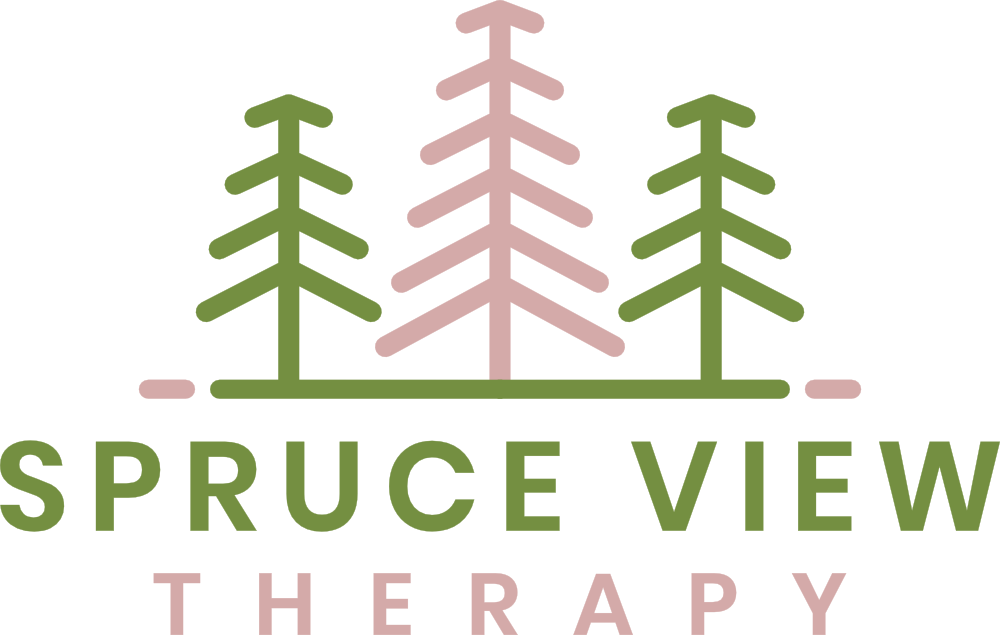When Rest Feels Impossible: Why Slowing Down Can Be So Hard
You’re exhausted, and all you want is to rest… but it feels impossible. Even when you know you should slow down, your body, emotions, or thoughts might be saying something different: “There’s more you should be doing” or “It’s not safe to stop.”
So instead of resting, you keep moving. You push through your never-ending to-do list, fill every quiet moment with podcasts or music, and slowly edge closer to burnout… even though what you really need is a break.
Why Rest Can Feel So Hard
Rest is not just about sleep. It is also a skill for regulating your nervous system. For women who have learned to cope by pushing, over-performing, or staying in control, slowing down can feel unsafe. Your body may stay on high alert, interpreting stillness as a sign of danger even when nothing is threatening.
Anxiety can make this even harder. Anxiety thrives in the future, while rest is about being present. When you try to slow down, your mind often jumps ahead to what could go wrong or what still needs to be done, making rest feel uncomfortable or impossible.
Trauma, perfectionism, and anxiety often send the same message: doing more keeps me safe while pausing might not. That is why resting can feel uncomfortable even when you desperately want it or need it. You have learned that doing more is better than resting, even when constantly going-going-going is taking a toll on you.
The good news is that rest is a skill, and skills can be learned. With practice and small, intentional steps, your nervous system can gradually learn that slowing down is safe, and rest can start to feel natural again.
Signs Rest Feels Hard
Your thoughts keep racing and it feels impossible to quiet your mind.
You feel guilty or selfish for taking a break.
You notice a constant sense that there is more you should be doing.
Your body feels restless, tense, or on edge.
You fill the quiet with music, TV, or social media because stillness feels uncomfortable.
You try to “rest” by being productive in some way instead of truly slowing down.
Recognizing these patterns is the first step toward learning to slow down and truly recharge.
Tips to Practice Rest
Start small
Even a brief pause of 2–5 minutes to stretch, breathe deeply, or simply notice your surroundings can help your nervous system begin to feel safe and build tolerance for rest.
Schedule breaks
Treat rest as non-negotiable. Schedule mini-breaks throughout the day or block out longer periods of time for restful activities. Put them on your calendar just like any other appointment.
Notice the parts of you that resist rest
Ask yourself: “Which part of me is struggling to rest? What’s the concern if I slow down? How is this part trying to help me?” Simply noticing these parts can reduce inner resistance and increase self-understanding.
Add in safety cues
Identify what helps you feel calm and supported. Warmth, soft lighting, comforting blankets, or candles can signal safety to your body and make letting go easier.
Practice being uncomfortable
It is normal for rest to still feel difficult at first. Your mind may race and your body may stay restless. Simply noticing this discomfort without judgment is progress. Over time, your capacity for true rest will grow.
Why This Matters
Learning to rest is not a luxury. It’s a way to regulate your nervous system and tell your nervous system: I can be safe. I can pause. I can survive without overdoing it. Over time, these small, intentional pauses help your mind and body relearn rest, repair, and resilience.
Reminder: Rest can feel impossible for a reason. Your nervous system, parts of you, and past experiences are all trying to protect you. But with curiosity and small practices, rest can slowly become not only possible but nourishing.
Taking the Next Step
Learning to rest and slow down is a practice, and it often feels easier with guidance and support. If you notice that resting feels impossible more often than not, or if burnout, anxiety, or perfectionism are making it hard to pause, you do not have to figure it out alone.
Therapy can help you explore these patterns, what makes rest feel hard, and practical ways to help your nervous system feel safer so you can truly recharge. Taking this small step can be the start of building more ease, presence, and balance in your life.
Schedule your free consultation today.
Michaela Zoppa is a Licensed Professional Counselor (LPC) in Colorado Springs, Colorado. She supports women and teen girls navigating anxiety, perfectionism, trauma, and burnout. She uses evidence-based, trauma-informed modalities, including EMDR and Internal Family Systems (IFS) therapy.




